The Impact of COVID-19 on Small Business: Comarch Survey Results

Drawing on a survey of 39 companies, the majority with fewer than 100 employees, we aimed to provide insight into the economic impact of coronavirus on small businesses in 2020. While wanting to avoid pessimism, the results show a definite crisis for small companies. The pandemic influenced 84% of them, and 34% strongly. See the details below.
A global shift for business
If 2020 was not bad enough while happening, we already know its effects will stay with us for longer, probably the whole of 2021. While designing our survey, we expected its results to be a bit more optimistic. It’s sad to see how many businesses were strongly affected by the pandemic, and how many companies are “likely” to be closed in the near future. In more than a half (56%), the number of orders and customers decreased, mostly significantly. Of our respondents, 61% see their businesses as permanently reduced or threatened with closure. Among the biggest difficulties for companies due to pandemic are decreased investments (21%), employee absences (16%) and forced temporary closure (16%).
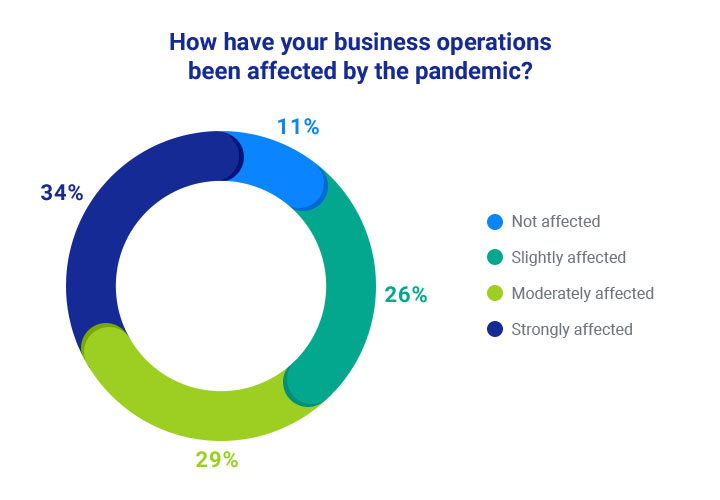
Chart 1. How have your business operations been affected by the pandemic?
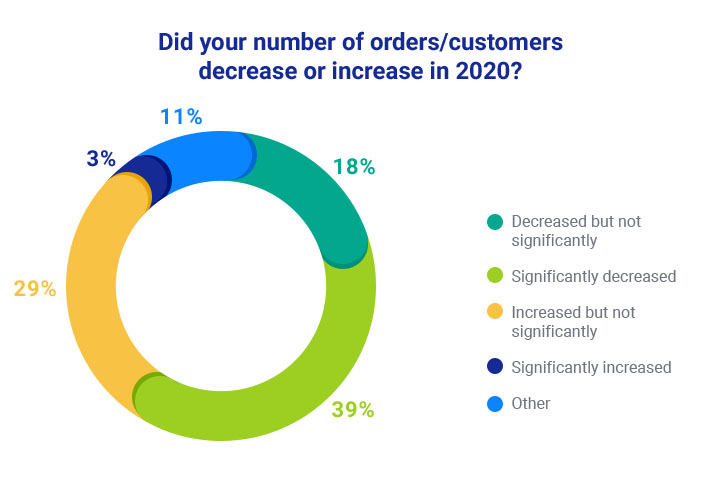
Chart 2. Did your number of orders/customers decrease or increase in 2020?
Huge investments in reorganization
The word of the year based on the survey would be “crisis” or, to avoid such pessimism, “minimalism”. Most of the companies surveyed (59%) declared they limited their spending. Expansion plans do not sound like a good idea in hard times, and the pandemic had no impact on investment plans for only 10% of those surveyed. What’s more, 36% temporarily halted development initiatives. Many companies also limited their spending on employment, which is probably related to the loss of customers or projects. For some of them this meant no need for new employees as a result of a slowdown in the global economy. For others, it there has been a reduction in training budgets, wage increases and bonuses or even a general reduction in employment.
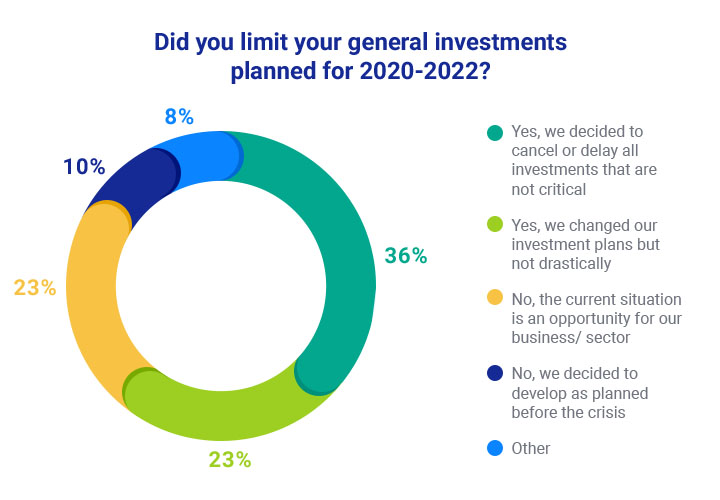
Chart 3. Did you limit your general investments planned for 2020-2022?
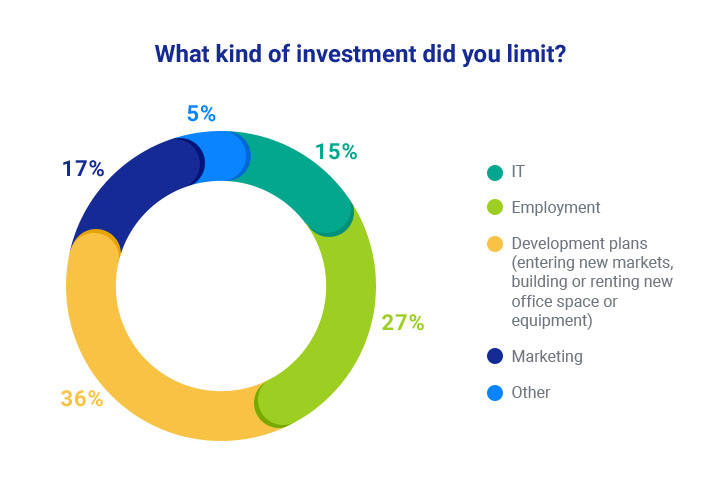
Chart 4. What kind of investment did you limit?
Working model revolution
The biggest (and forced) revolution of 2020 was the implementation of working from home on a large scale. Due to restrictions and lockdowns introduced by governments, companies and public administration units had to change their working models and prepare their employees to work remotely. In 90% of surveyed companies there was already a policy on working from home before the pandemic. However, 28% have no plan to maintain such policies when the COVID-19 crisis is over. This is especially interesting, given the fact that the vast majority of surveys, including those conducted by PwC and Gartner, indicate that working from home has been more successful (in terms of cost-effectiveness and agility) than expected. The difference may result from the fact that most companies that responded to our survey are relatively small (employment: <100 people). They tend to be naturally more vulnerable than large enterprises in terms of structure, assets or cash flow. Therefore, past year impacted them harder and their future seems to be unsure, which can result in greater need for control over operations and plans to get back to the office.
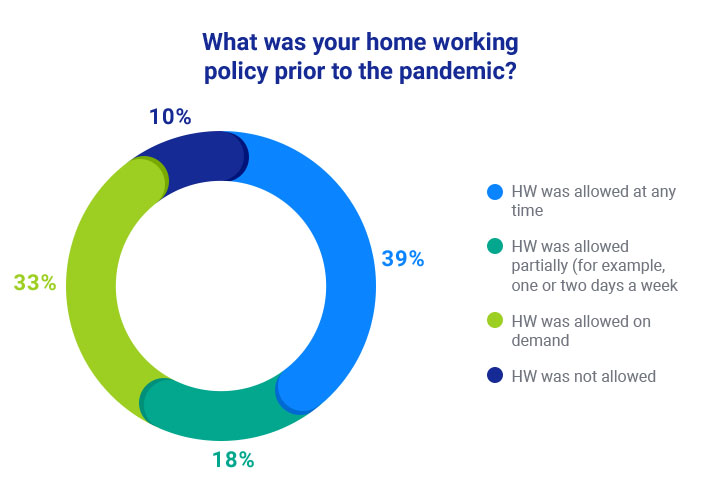
Chart 5. What was your home working policy prior to the pandemic?
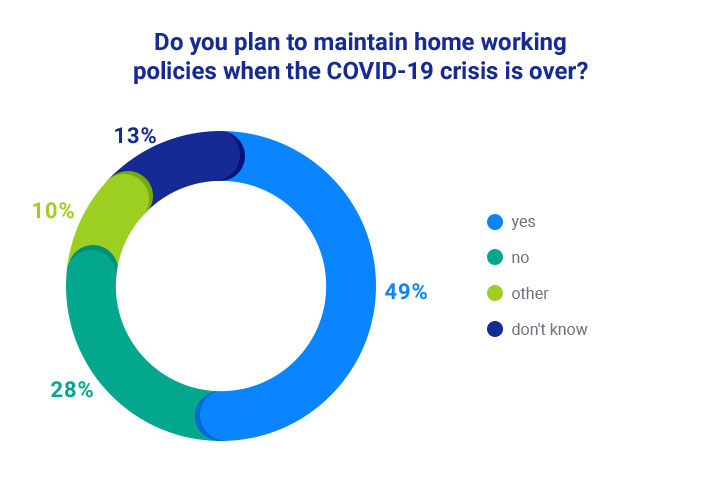 Chart 6. Do you plan to maintain home working policies when the COVID-19 crisis is over?
Chart 6. Do you plan to maintain home working policies when the COVID-19 crisis is over?
What’s next?
Regardless of the survey results, we are looking forward with hope for an improvement to the current situation and the emergence of new opportunities (due, for example, to COVID-19 government assistance programs and refunds). As the pandemic continues to develop, there is a pressing need for small enterprises to rethink and reconfigure their businesses for the changed global economic circumstances. Now is the time for companies to focus their efforts on supporting key areas of their businesses that will help them to stabilize in the new environment and find the best strategy for the future. Looking for the positive aspects, we can say that business flexibility has increased, with changes emerging faster than ever before, and we are all facing them together.

